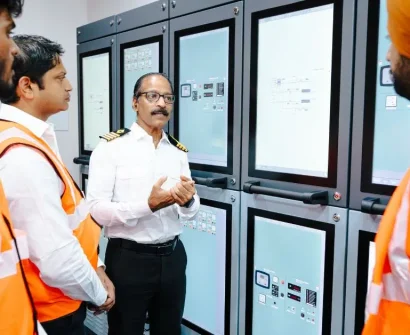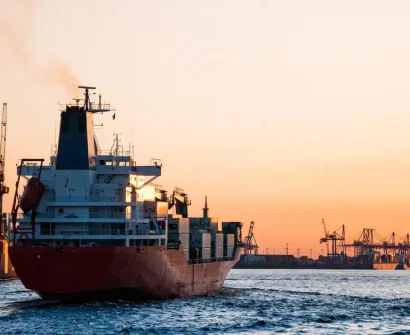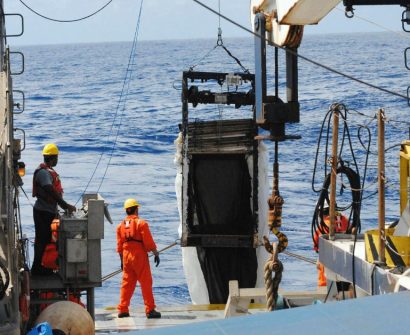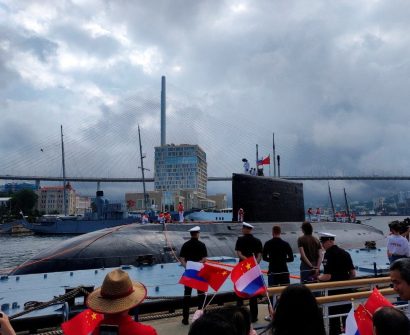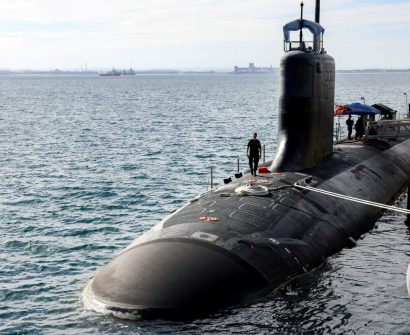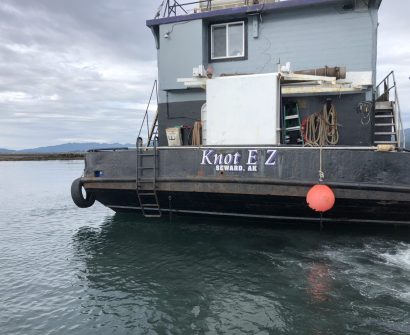Russia’s Ust-Luga Port Tightens Security After Mystery Explosions Involving Tankers
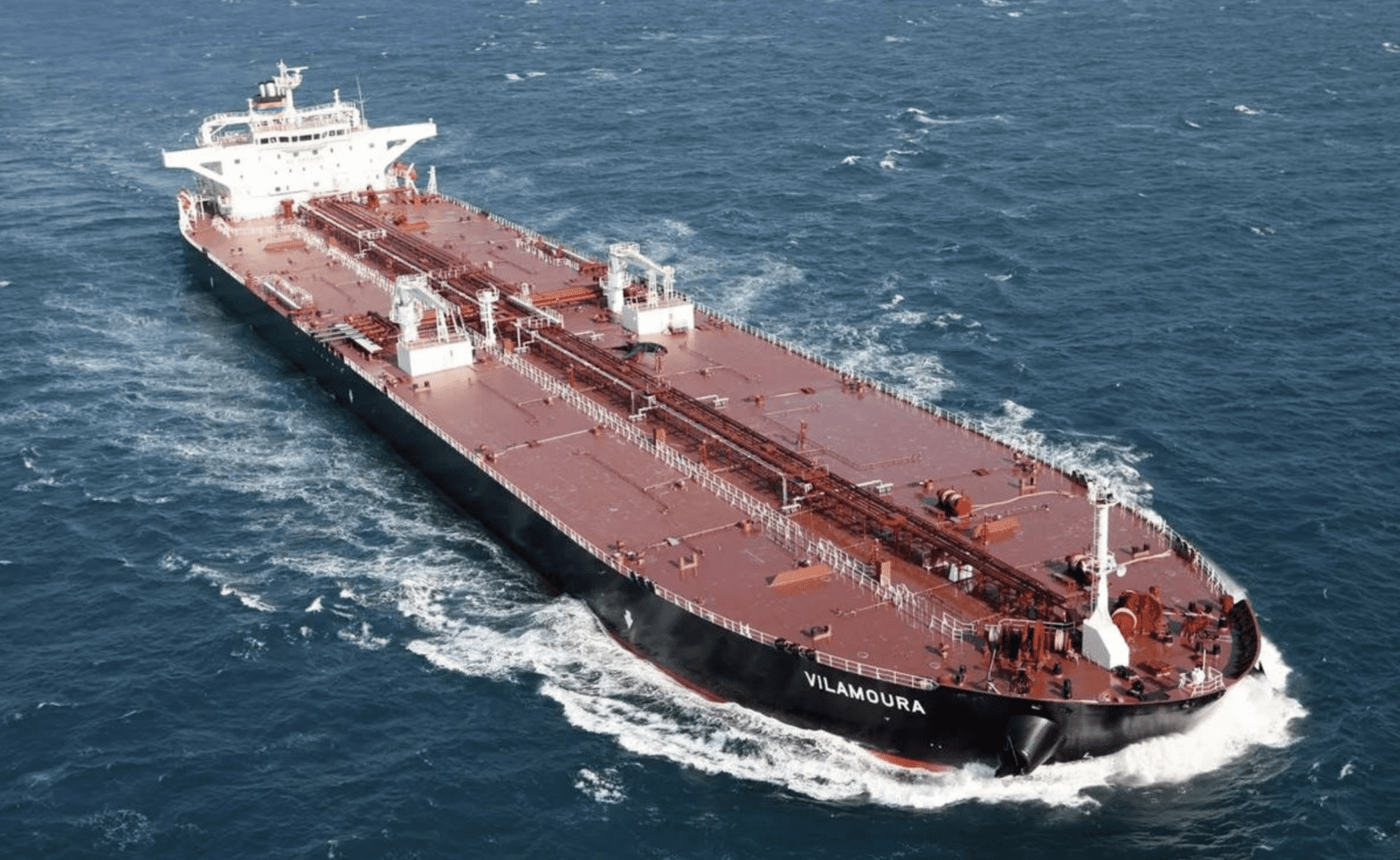
Russia’s Ust-Luga Port, the country’s largest Baltic Sea export hub, has begun enforcing mandatory hull inspections for all arriving vessels, following a series of unexplained explosions involving tankers earlier this year.
The decision—confirmed by sources familiar with the matter—requires ships to undergo underwater checks before gaining entry to the port. This new layer of maritime scrutiny adds to a string of moves that signal tightening control over foreign shipping traffic amid rising national security concerns.
In addition to hull checks, Ust-Luga is now also demanding that ships carry Russian-issued protection and indemnity (P&I) insurance, covering environmental and navigational liabilities including spills, collisions, and sabotage.
🧨 Mystery Blasts: What Triggered the Change?
The move follows a string of mysterious incidents that have disrupted port activity and raised international alarms:
In February 2025, the oil tanker Koala was damaged while anchored in Ust-Luga. The local governor at the time described the event as a “man-made incident” that caused a significant oil spill
In early July, the LPG tanker Eco Wizard suffered an ammonia leak while at anchor in the same port.
These incidents, though still under investigation, have heightened fears of sabotage or underwater mine activity, prompting a defensive posture from Russian port authorities.
Putin’s Decree: FSB Entry Approval Now Mandatory
On Monday, July 22, Russian President Vladimir Putin issued a national order requiring all foreign vessels arriving at any Russian sea port to obtain prior entry clearance from the FSB (Federal Security Service)—Russia’s powerful state security agency and successor to the Soviet-era KGB.
While Ust-Luga’s inspection policy predates Putin’s directive, it aligns with a broader shift in Russia’s maritime and border security framework. So far, other Russian ports such as Primorsk, Novorossiysk, and Vysotsk have not yet implemented similar inspection rules.
Divers and Drones: Hull Checks in Action
According to industry sources, shipowners whose vessels previously called at Ust-Luga or other Russian ports have already begun hull inspections using human divers and remote-operated underwater vehicles (ROVs) to rule out sabotage or latent explosive threats.
In a notable development, Russia’s Federal Port Authority recently launched a tender auction worth up to 3.16 billion rubles (~$40.4 million) for underwater hull inspections across all Baltic Sea ports, including Ust-Luga, Primorsk, and Vysotsk.
This initiative will expand surveillance coverage, ensure compliance with the new port regulations, and potentially mitigate insurance concerns among shipowners operating in Russian waters.
Impact on Oil and Commodities Trade
Ust-Luga is a critical export terminal for Russia’s flagship Urals crude oil and serves as a gateway for coal, ammonia, container cargo, and dry bulk shipments. The introduction of mandatory inspections has prompted logistical slowdowns, though trade has not ground to a halt.
Following Putin’s decree, oil loadings were temporarily suspended at Novorossiysk and CPC terminals in the Black Sea, according to a Reuters report. However, operations have since resumed, and tanker traffic to Ust-Luga appears to be stabilizing.
Still, shipping analysts warn that these heightened measures could deter foreign shipowners, increase voyage costs, and create bottlenecks for Russian exports, especially as geopolitical scrutiny of Moscow’s maritime sector continues to grow.
🧭 In a Nutshell
Port Affected: Ust-Luga, Russia’s largest Baltic Sea port
Security Measure: Mandatory underwater hull checks before port entry
Insurance Requirement: Russian P&I coverage now compulsory
Incidents Prompting Action:
– Feb 2025: Koala tanker explosion and oil spill
– July 2025: Eco Wizard LPG tanker ammonia leak
Putin’s New Rule: All vessels now require FSB entry clearance
Wider Strategy: $40M allocated for hull inspection contracts across Russian Baltic ports
Trade Impact: Short-term oil loading delays; increased security risks for shipowners

